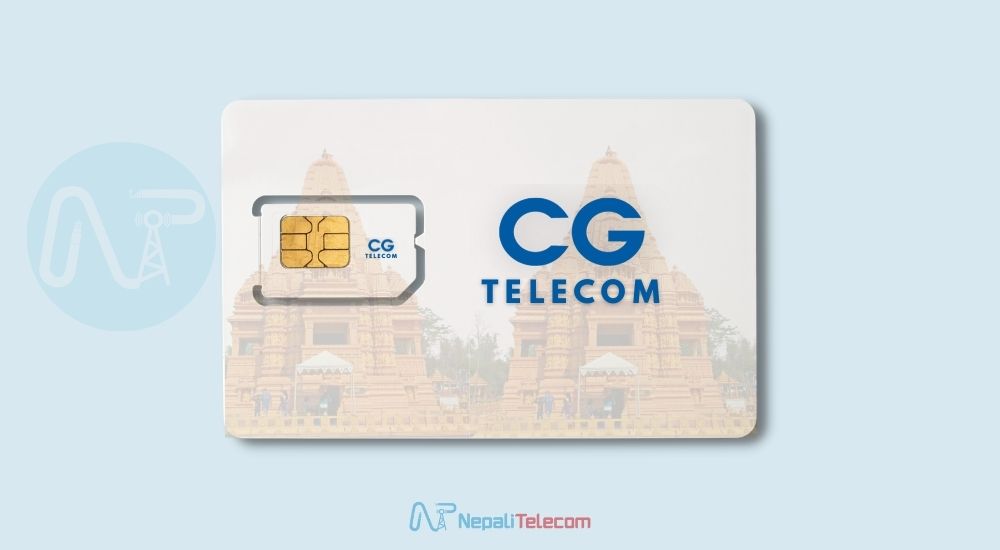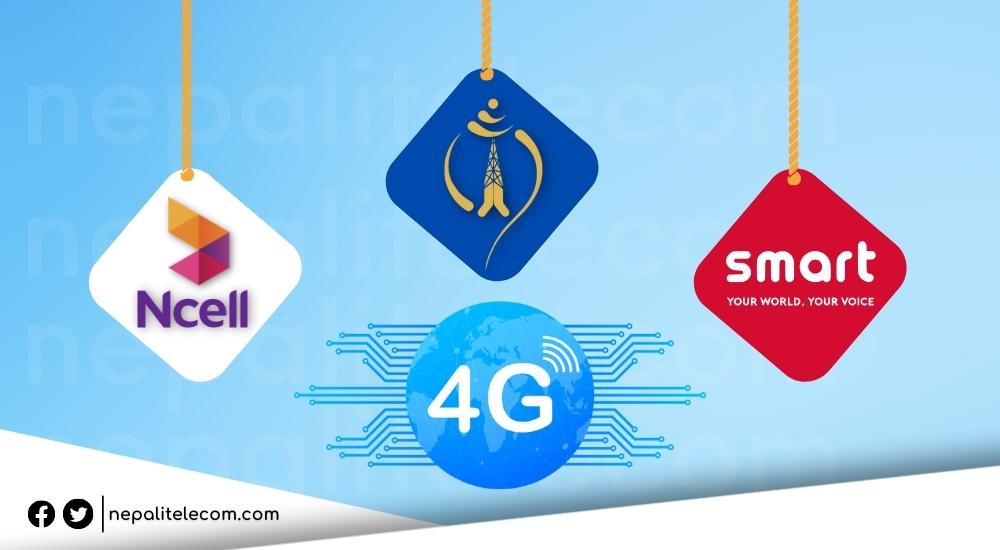Do you have an unused SIM card? Did you change the mobile number that you have registered on social media? If the answer to both is yes, then you may want to know what happens to an unused mobile number and what are the challenges to changing a mobile number in use. Similarly, you also need the reasons to update your number in several online accounts including bank, social network sites, digital payment accounts, and more.
The number of unused mobile numbers in Nepal is unimaginable. Nepal Telecom alone recycled 15 lakhs SIM cards recently that were not in use for six months. And that’s only a small section of millions of mobile users in Nepal.
The majority of the unused SIM cards are of those people who go abroad and the SIM card is left unused. Similarly, some people issue several SIM cards and do not use all of them. Recently, Nepal Telecom Authority (NTA) has also restricted the telecom operators to issue more than two SIM cards to a single person.
What happens to your unused mobile number/SIM?
Nepal Telecommunication Authority (NTA), the Telecommunication regulator, has the rule to freeze the unused mobile numbers for six months. If a number is not in use for six consecutive months, the telecom can freeze the SIM card according to the rules of their company and give it to someone else.
It means the idle SIM cards are not only blocked, but also reassigned to a new customer. Though this provision of NTA has made it convenient for telecom operators in Nepal to issue unused mobile numbers, many people are affected as they faced several problems.
What are the challenges of changing mobile numbers?
In recent times, the mobile number is not only used just to make calls but also used to create accounts on social media (Like Facebook, Twitter, etc), and more importantly, for mobile banking. We use our mobile number for SMS banking, internet banking, for online payment from a digital wallet, to sign in social media accounts, taxi apps, digital payment, and many more.
If a mobile number, not registered for mobile banking is not in use for a longer time, the provision is a blessing for them. But, those who are using a mobile number to have online access to banking features have lost or given the mobile number to someone else legally might face some issues.
When you use a new mobile number, your old mobile number gets a new user. The activities you’ve been carrying out with that old number is now accessible to the new user. Some other people having access to your accounts violate data security.
If your mobile number is linked with your bank account, digital wallet, and social media, then changing your mobile number brings the fear of data breach and hacking. You may not be able to access your own accounts just because you didn’t update your mobile number.
For example, you may lose your email or Facebook account or your privacy if you keep the same unused mobile number in your account. While the bank account linked with that number is more severe.
The easy way to avoid the challenges of changing mobile numbers is simply to update your KYC and in those online accounts. You have to provide your current mobile number to the bank and other necessary online platforms so that no other people can have access to your accounts. This simple step will strengthen your online and banking transactions.
Why should you update your number in bank KYC?
KYC stands for ‘Know Your Customer’. KYC is a form that provides details about the person who fills it, both personal and professional information. It is a procedure that banks follow to keep records of the account holders. All the bank account holders should mandatorily follow the KYC procedures at the beginning of creating a bank account and update it if any changes occur.
Those providing mobile number via KYC should make sure they are providing their current mobile number. If you filled KYC in the past with your old mobile number and you do not use that number anymore, then you should update your mobile number in KYC. Here are some reasons why you should update your mobile number in KYC immediately.
- You may have used the number to create an account on a social network or digital wallet or any other online account. Then, you should change the mobile number if it is lost or no longer in use. It is because if the number gets blocked, then you will not be able to have access to your account via the blocked number. After updating, you can access the same account with the updated mobile number.
- If your unused mobile number is recycled and assigned to another user, then you will not be able to prove your identity with the same mobile number. The new user may get access to your accounts and confidential data due to your carelessness. Data security will be at risk. NTA also requests you to use SIM cards on their own name only.
- If you do not update your mobile number in KYC then, the security of your bank account (and online transaction) is quite weak. You may even lose permanent access to your accounts.
- If you have registered your banking account on someone else’s mobile number that is no longer in use, then you need to inform your bank about it and take necessary measures to avoid complications. Have the mobile number changed to your currently using mobile number to strengthen security?
Conclusion
Now that the telecom operators are recycling unused mobile numbers, we should be careful about keeping our data and accounts fully-protected. The telecom operators follow a systematic procedure to recycle those unused mobile numbers as directed by NTA. We recommend you to read when an NTC sim card becomes frozen or blocked.
The most important thing is that if you have taken mobile banking from such a number, you should immediately inform and update the current mobile number in the bank. Moreover, you need to update your mobile number in your email account, social media account, and other online accounts (like a digital wallet, online shopping account) to protect it from hacking or unauthorized access.
Various banks and financial institutions request people to update KYC soon for unused or lost mobile number. So hurry up, update your KYC before it’s too late.













